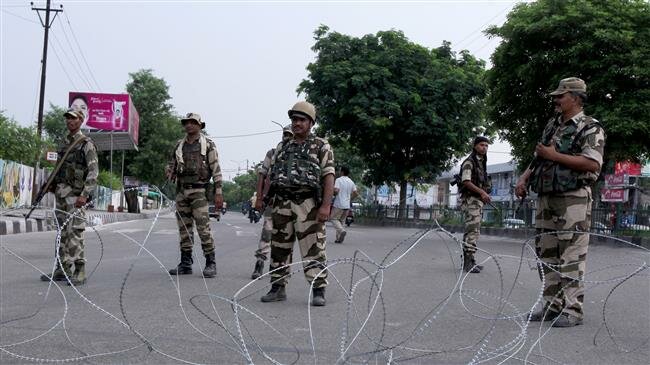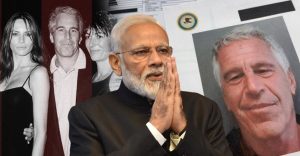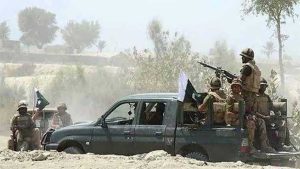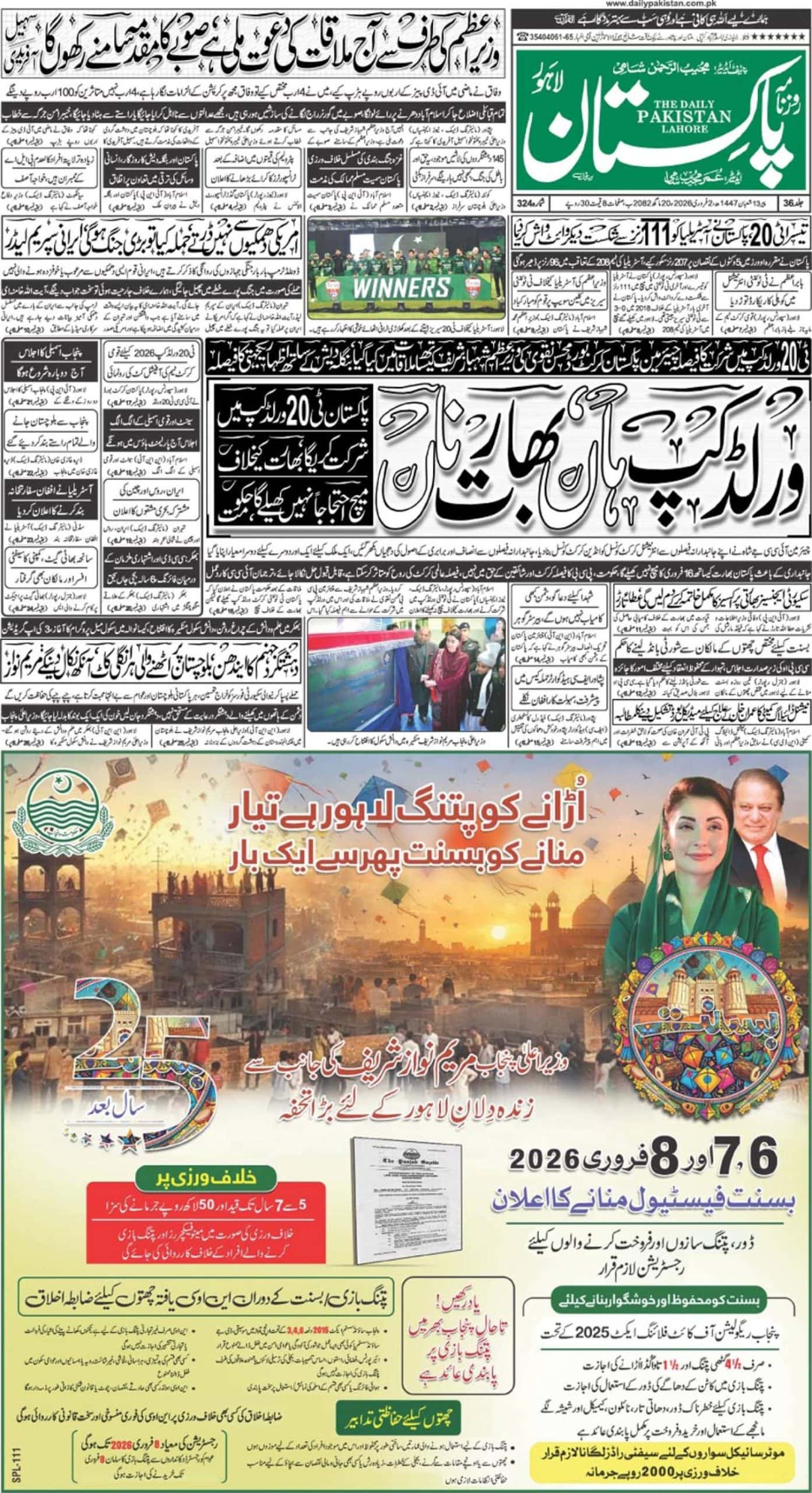THE HAGUE – The International Commission of Jurists (ICJ) says the Indian Government’s revocation of special status of Jammu and Kashmir violates the rights of representation guaranteed to Kashmiri people under the Indian Constitution and in international law.
ICJ’s Secretary General Sam Zarifi, in a statement Wednesday, said Indian judiciary should look closely at serious violations of proper legislative and Constitutional processes.
Zarifi maintained that the Indian government was violating human rights of Kashmiris, accompanied by draconian new restrictions with an influx of thousands of unaccountable security personnel in the disputed region.
His statement comes in the backdrop of worsening situation in the Held Jammu and Kashmir, where the Bharatiya Janata Party (BJP) led government in Centre pushed through a legislative package effectively eliminating the special status accorded to Jammu and Kashmir under Article 370 of the Indian Constitution, which granted autonomy to Jammu and Kashmir and limited the Indian Government’s legislative powers in the state.
It also got the Article 35-A of the Indian Constitution revoked to bifurcate the disputed state into union territories of Occupied Jammu and Kashmir and Ladakh in clear violation of the UN resolutions on Kashmir.
The move was preceded by a communication blackout, arbitrary detention of political leaders, banned movement and meetings of people, and increased military presence, purportedly to quell protests.
Meanwhile, the three most prominent Kashmiri politicians — Mehbooba Mufti, Omar Abdullah and Sajad Lone — have been placed under house arrest amid a massive security build-up and curfew in place in the occupied region. Internet services and mobile services remain suspended across the valley and all public gatherings banned.
https://en.dailypakistan.com.pk/pakistan/pakistans-maleeha-lodhi-briefs-unsc-president-over-indias-illegal-actions-in-occupied-kashmir/
“The Indian Government has pushed through these changes in contravention of domestic and international standards with respect to the rights of people in Jammu and Kashmir to participate and be adequately represented, accompanied by draconian new restrictions on freedoms of expression, assembly, and travel, and with an influx of thousands of unaccountable security personnel,” said Sam Zarifi, ICJ’s Secretary General.
“The legality of the Indian Government’s measures to eviscerate Article 370 will certainly be tested before the Indian judiciary, which should look closely at the serious violations of proper legislative and Constitutional processes,” Zarifi said. “All eyes are now on the Indian Supreme Court to fulfill its functions in defense of the rights of people of Jammu and Kashmir and the Indian Constitution,” Zarifi said.
The procedure adopted to revoke the special status and autonomy of Jammu and Kashmir appears to be incompatible with judgments and observations of high courts and the Indian Supreme Court, who have clarified that the President of India would need the agreement of the government of Jammu and Kashmir to change its status. The amendments effectively render Article 370 inoperative in its entirety, without meeting the Constitutional requirements in spirit.
The revocation of special status of Jammu and Kashmir without agreement from the state government is contrary to the spirit of Article 370, which envisioned that the will of the people would be taken into account in decisions relating to state’s special status and autonomy.
“The Indian Government rushed through the amendments at a time when Jammu and Kashmir was under the direct rule of the Central Government, and the state legislature was dissolved. As the government of Jammu and Kashmir is not empowered to discharge its functions, it has not been consulted, let alone agreed to the revocation,” Zarifi said.
“The lack of consultation with the people of Kashmir is all the more troubling because the changes pushed by the Indian Government will materially affect Kashmir’s status as India’s only Muslim-majority state, including special rights for citizens of the state to own and hold land and seek education and employment,” Zarifi said.
The Office of the United Nations High Commissioner for Human Rights (OHCHR) in successive reports in 2018 and 2019 has noted that the region of Jammu and Kashmir, under dispute between India and Pakistan since 1947, has been the theatre of grave human rights violations, including unlawful killings, enforced disappearances and torture, committed with impunity by Indian security forces.
The UN High Commissioner for Human Rights in both reports recommended to the Indian Government to “fully respect the right of self-determination of the people of Kashmir as protected under international law”.
The ICJ condemns the legislative steps taken with respect to Jammu and Kashmir, and calls on the Indian Government to implement in full the UN High Commissioner’s recommendations, including respecting the right to self-determination of people of Jammu and Kashmir, and to respect, protect and fulfill the human rights of people in Jammu and Kashmir.
https://en.dailypakistan.com.pk/headline/blatant-aggression-against-all-intl-norms-exposes-true-character-of-indian-army-ispr/














